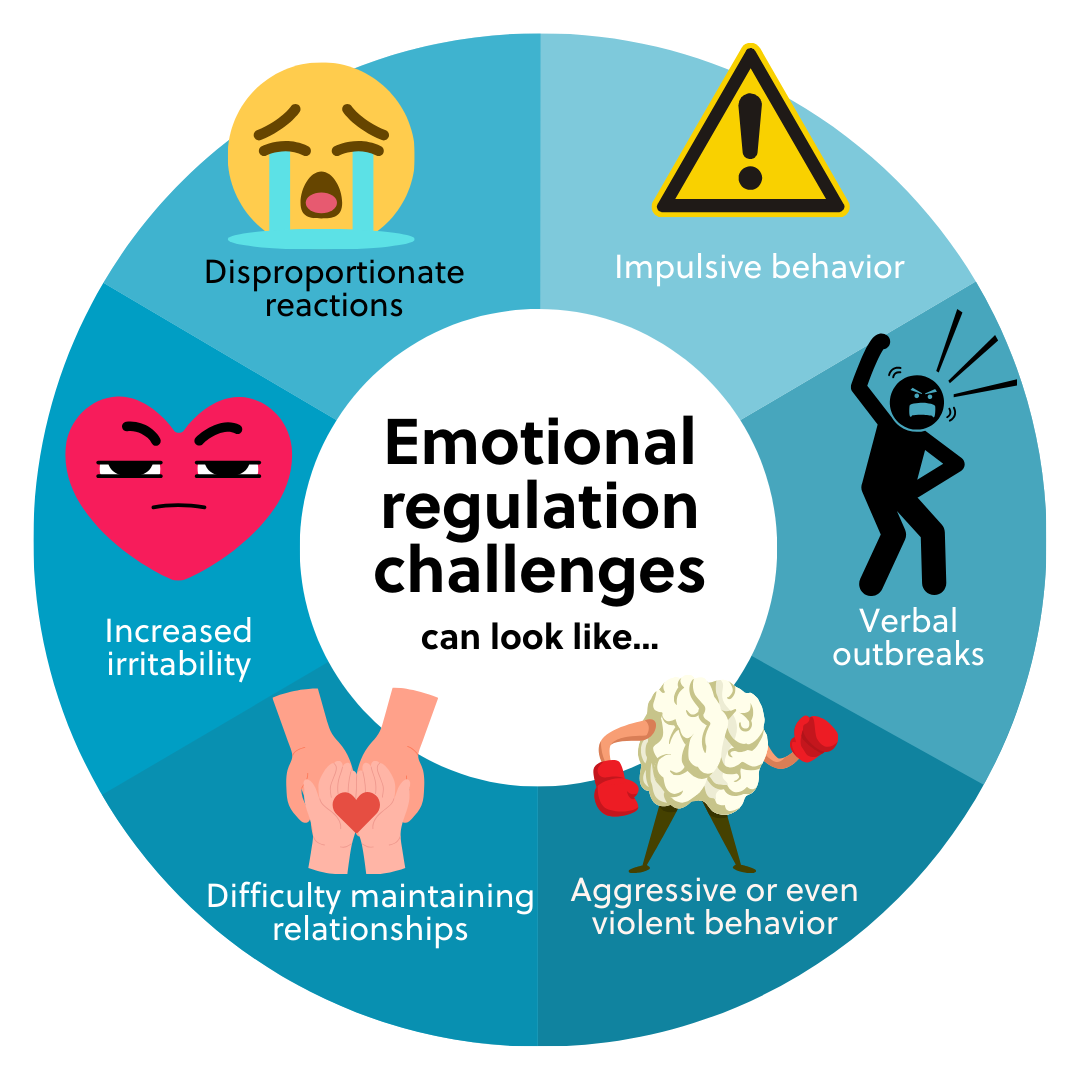So, your student struggles with emotional regulation
-1.png?width=1080&height=1080&name=new%20website%20image%20templates%20(5)-1.png)
Emotional dysregulation is one of the biggest challenges we see in students.
Emotional regulation can be learned, taught, and applied. Learn how Executive Function support can help your student develop stronger coping skills that help them stay calm and effective in the classroom and far beyond.

Emotion regulation is the ability to have control over your emotions. It may involve behaviors such as rethinking a challenging situation to reduce anger or anxiety.
It's easy to get overwhelmed and stressed out when you're living with daily Executive Function challenges. When this becomes the norm, a little support can go a long way. Our Executive Function coaches approach emotional regulation challenges with understanding, empathy, and a solution-based outlook.
What is emotional regulation?

Emotional regulation & stress management strategies
Learn tried and true emotional regulation strategies that will help your student take control of their week.
 5-Finger Breathing
5-Finger Breathing
When we’re feeling stressed out or overwhelmed, our brain is in an emotionally charged state that makes it much harder to think clearly or use our brain at full capacity. When this happens, the solution should be something that quickly brings our minds back to a calm baseline. One simple and effective strategy to achieve this is called 5-finger breathing. Here's how it works.
Find a comfortable place to sit and hold up a hand. Use your index finger from your other hand and start slowly tracing the edges of your raised fingers, starting with the thumb. As you go up your thumb, inhale deeply. As you trace down your thumb, exhale fully. Continue tracing your hand as you do the same breathing pattern throughout. Do it again with the other hand for maximum effect. Feel calmer? You’ve successfully re-engaged the logical part of your brain!
 5-Minute Goals
5-Minute Goals
Continuing the theme of "5" strategies, 5-minute goals are a great way to take an overwhelming task and break it down into more manageable, bite-sized chunks. So how does this work?
To use 5-minute goals, select a task you need to get done, set the timer for 5-minutes, and get started! You can even try this strategy for tasks that might take more than 5 minutes as a simple way to get started. Once the timer is up, you can decide if you want to keep working on the task or take it break. After all, 5-minutes on a task is better than none at all!
 Urgency Scoring
Urgency Scoring
More often than not, stress stems from the pressure we feel to complete the tasks on our to-do lists. However, we often forget to ask an important question - what's actually urgent and what can wait? When we take the time to determine which tasks or responsibilities are most urgent, we often realize that much of what we were stressing about can wait, allowing us to prioritize what truly needs immediate. One excellent strategy to determine those priorities is Urgency Scoring. Here's how it works.
Start by first writing down every task you're stressed about completing, and then give each ask a score from 1-4 based on how urgent it is (4 = most urgent, 1 = least urgent.) After you've scored all tasks, count up how many are a 3 or 4. In doing so, you've revealed which tasks need your immediate attention and which ones can wait. If you still have an overwhelming number of 3s and 4s, highlight the ones that feel most important. These will be the ones that give you the most impact on your time and should be the primary focus for your day and/or week. On the other hand, those twos and ones can probably wait. An example of these could be a routine dentist appointment or a load of laundry. After all, the world won't end if your teeth or clothes don't get cleaned for another day (at least we sure hope not!)
How coaching helps with emotional regulation:
Focus
Coaches teach clients strategies that help them minimize or eliminate distractions and reduce multitasking while they work. We encourage frequent breaks, chunking assignments or tasks into manageable pieces, and finding the right combination of environmental factors to encourage optimal focus.
Prioritization
Prioritization is the process of deciding the relative importance or urgency needed when faced with multiple tasks. We teach prioritization by helping you set realistic goals and prioritize tasks based on importance and urgency.
Distractibility
Our coaches teach clients strategies to minimize distractions, such as creating a designated workspace and using noise-canceling headphones. Coaches also encourage clients to take regular breaks and engage in physical activity to maintain focus.
Productivity
Our coaches help promote productivity by helping clients develop strategies to maintain motivation, such as visualizing the result or creating a reward system, encouraging clients to track progress and celebrate small wins along the way, and teaching clients to develop resilience and learn from setbacks or challenges.
Organization
Coaches work to better understand their clients' organizational habits and get to the root of their barriers to implementing systems to get organized. They then utilize this understanding to create a game plan that may involve small organizational commitments week to week.
What to expect fromExecutive Functioncoaching:
In 1:1 sessions online, coaches help students identify, employ, and evaluate tools and strategies that address their specific needs. Our coaches customize their approach to each individual depending upon their attitude toward changing work habits. We use a research-based model to attain clients’ buy-in to improve their self-management skills and lead to lasting change.
-1.png?width=1080&height=1080&name=new%20website%20image%20templates%20(4)-1.png)
Frequently Asked Questions
Our Executive Function coaching programs for students start at $165 per week. We know that when it comes to effective 1:1 support, one size doesn’t fit all. For this reason, we have three unique coaching programs that offer their own set of session times, features, and core goals. You can visit our pricing page to learn more about each offering.
Since 2006, we have coached hundreds of adults in addition to the thousands of students we have worked with. In 2020, we created a new division, WorkSmart Coaching, especially for adults who are seeking Executive Function support. Visit WorkSmart Coaching and learn more about how we help adults become more effective.
The coaching process is transformative and takes time. Students in coaching are learning entirely different ways of viewing themselves and discovering their own motivation, often for the first time. Beyond skill-building, we’re helping individuals to take responsibility for their life’s direction. For work at this level, coaching can take many months, depending on one’s readiness for change and the scope of their needs. Progress is dependent on several variables such as how motivated the individual is, how self-aware they are, how narrow or broad the goals are, and how long the challenges have been present. A highly motivated but disorganized person may need just a short time to learn, practice, and internalize a new plan for managing their daily life. By contrast, a person who is easily frustrated struggles with attention, and doesn’t know how to get work done on time might need more time to learn the specific skills they will need and to apply them independently. Our goal is to help clients achieve confidence, competence, and independence as quickly as possible. Our reputation is built on that premise.
Online coaching provides greater flexibility for scheduling and more options in finding the right coach for your student from our 350+ coaches on staff. Clients can also work with their coach in the safety and convenience of their own home or office. Lastly (and most importantly), we coach online because we've found through our research that it works in improving Executive Function skills.
Explore our solutions for students, adults and schools
for students
of all ages
Experts in executive function coaching for students

for adults
in all walks of life
A Beyond BookSmart Coaching Company for Adults

for schools
of all types
A Beyond BookSmart Mentoring Company for School Clasrooms
